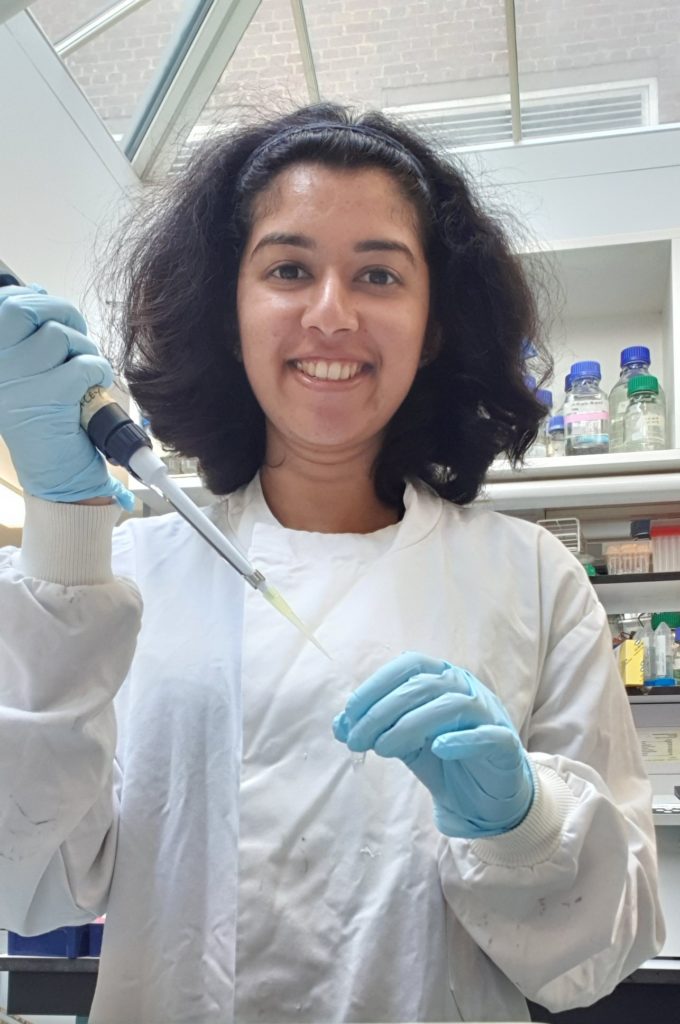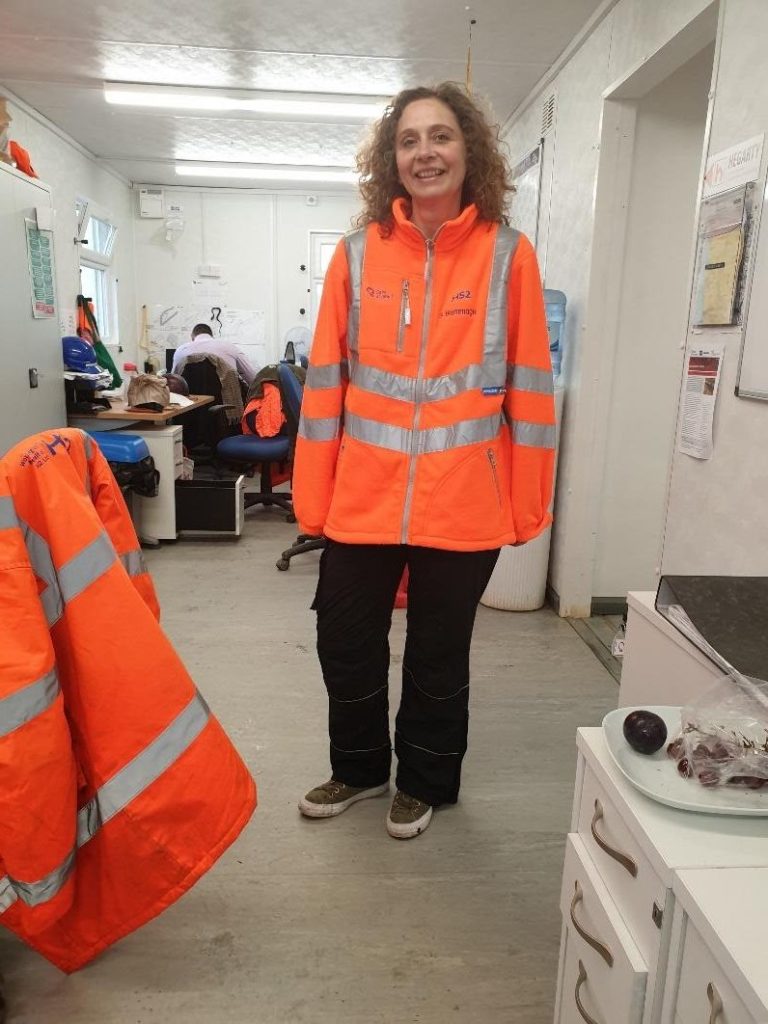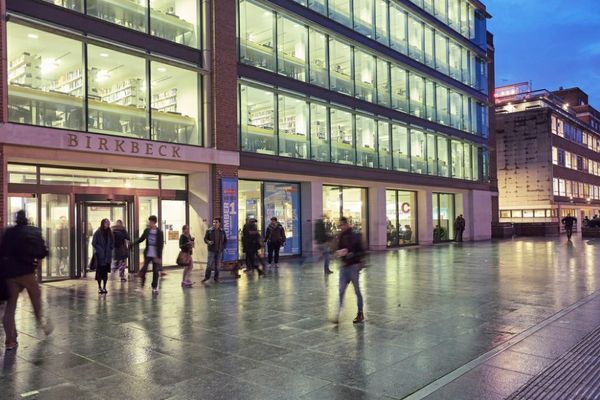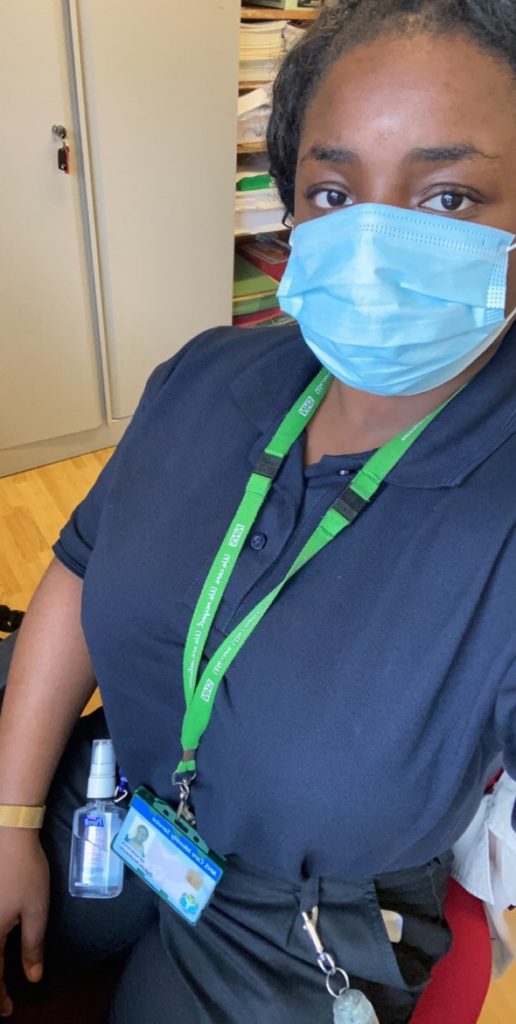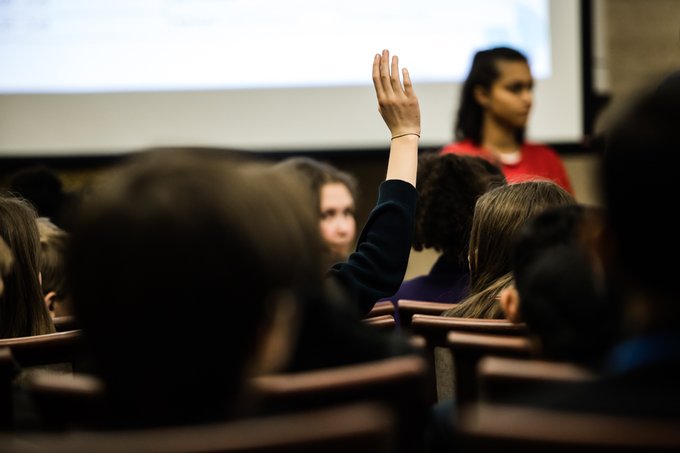
A BGRS blog post by Naomi Smith (PhD Film and Screen Media)
Naomi is also the Birkbeck Student Union Women’s Officer
Legendary American journalist Bob Woodward has a new book out, another deep dive into the inner workings of the White House, including extensive interviews with President Donald J. Trump in which he admits, on tape, to having deliberately downplayed the severity of the COVID-19 virus in early 2020. These interviews were conducted between December 2019 and July 2020, but the revelation that Trump was aware how deadly the virus is and deliberately sought to conceal this information from the American public wasn’t published until recently, when CNN obtained a copy of the book ahead of its 15 September release.
The revelations immediately led to recriminations against Trump from all sides – politicians, journalists, members of the public on social media – and, more surprisingly perhaps, against Woodward. Fox News, for example, questioned his decision to hold onto this information for so long if it was so important. So why did Woodward choose to withhold those interviews until now? And was the decision to do so inherently unethical? Some suggested that Woodward was motivated solely by profit and the desire to sell more books on the strength of the revelations, and others even alleged that he has “blood on his hands”. In response, Woodward argued that he could not verify the information at the time and wanted to investigate further, and that Trump’s attitude to the virus was already public knowledge and was not, therefore, immediately newsworthy on its own. Erik Wemple, the Washington Post’s media critic, argued that Woodward was following standard practice for writing a book and that his sources would have had an “implicit understanding” that they would be interviewed multiple times until he could “stitch together something authoritative, in book form”. If he were to have published “daily dispatches”, then it is unlikely that he would have kept getting those rare on-the-record interviews with Trump. In Wemple’s eyes, the decision was not whether to publish in March or September, it was whether to publish in September or not at all.
When analyzing decisions regarding news selection, we often talk about news values, a theory developed by two Norwegian researchers in the 1960s, which describes a set of criteria that form a definition of newsworthiness. The more of these criteria are satisfied by an event, the more likely it is to be reported on by the press. The results of that Norwegian study have been reviewed and updated over the intervening years, particularly in the context of the rise of digital media but rarely challenged outright. And despite satisfying several key news values – surprise, negativity, conflict, etc – the revelations in Woodward’s book went unreported for seven months.
My research asks whether – especially given that our current conception of news values did not predict and does not fully explain the actions of a veteran news reporter – we can continue to use a one-size-fits-all taxonomy, rethinking the concept of news values as one that can be generalized across different formats in multiple markets, using American broadcast news as an initial case study.
Reference
Galtung, J & Ruge, M.H., 1965. The Structure of Foreign News: The Presentation of the Congo, Cuba and Cyprus Crises in Four Norwegian Newspapers. Journal of Peace Research. Vol. 2, No. 1. Pp. 64-91.

